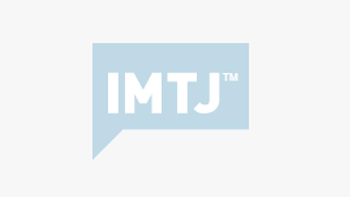Low Resolution Innovation Tests” highlights the problem faced by anyone who is considering investment in the medical tourism business.
A recent article in Harvard Business Review, “Four Simple Low Resolution Innovation Tests” highlights the problem faced by anyone who is considering investment in the medical tourism business. How can you know whether people will actually buy your service i.e. whether patients will actually travel abroad to use your services?
Much of the “research” conducted in the medical tourism sector is about what people say they will do…. not about what they actually do. For example, the 2009 Gallup Survey in the USA is frequently used to support the “booming medical tourism market” hypothesis.
The report on this Gallup poll was headed “Americans Consider Crossing Borders for Medical Care”. It found that “up to 29% of Americans would consider traveling abroad for medical procedures”.
Now the key words here are “will consider”. It does not say “will travel” or “have travelled”. And there lies the problem.
Here’s another example from the Centre for Medical Tourism Research. In answer to the question “Would you be comfortable being treated by a foreign medical provider(s)?”, their research found that 67% of Americans said, “Yes”. Ergo…. it’s a great market to invest in, and people have few concerns about safety and quality of overseas treatment.
The problem is that when you ask people about their future buying intentions, they lie. They don’t lie intentionally. They just don’t tell the truth! When you ask questions like:
- “Would you buy this?”
- “Would you do this?”
- “If this were available, how likely are you to…..”
- Or in the case of medical tourism, “Would you consider
travelling abroad for…”
….it’s no indicator of what will happen when the individual faces the question in the real world.
Some have fallen victim to this in the medical tourism field…. they launch a medical tourism related service based on what patients say they will do…… and then find that they don’t!
The Harvard Business Review article highlights four ways of overcoming this, and specifically uses a medical tourism venture as an example. Here’s how the authors tested the demand for a new medical tourism venture:
- Hold a “sign-up seminar” – “we were helping a start-up develop an idea for a medical tourism business where customers seeking elective procedures would fly to exotic but lower-cost destinations. …… we had meticulously studied the market, and the projections looked solid. One of our colleagues suggested that we hold seminars in locations replete with the target customers to gauge interest. When no one showed up, we realized that the stated interest was unlikely to translate into real demand.”
The authors have three other suggestions on how you might assess the “reality” of consumer intentions. Read the article, and consider these other ideas, and consider how you might apply them to test demand for medical travel:
- Introduce a “10% version” of the offering.
- Ask potential consumers to sign up for something.
- Test the idea among your employees.
See Four Simple Low Resolution Innovation Tests for the full explanation of the above approaches to testing a market..
The conclusion …
Ignore what potential customers say. Pay very careful attention to what they do!








 ©2024 All rights reserved LaingBuisson
©2024 All rights reserved LaingBuisson 


